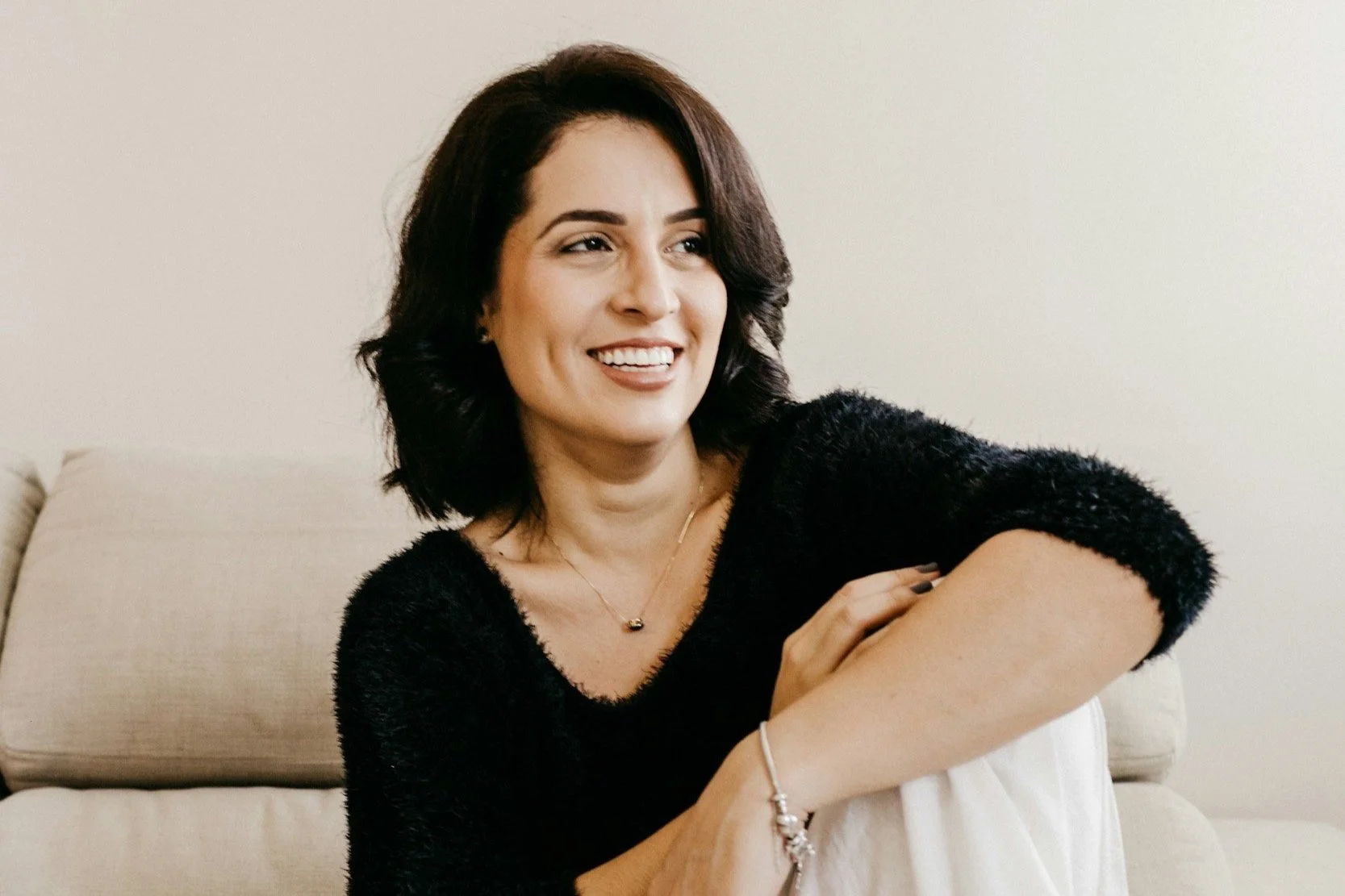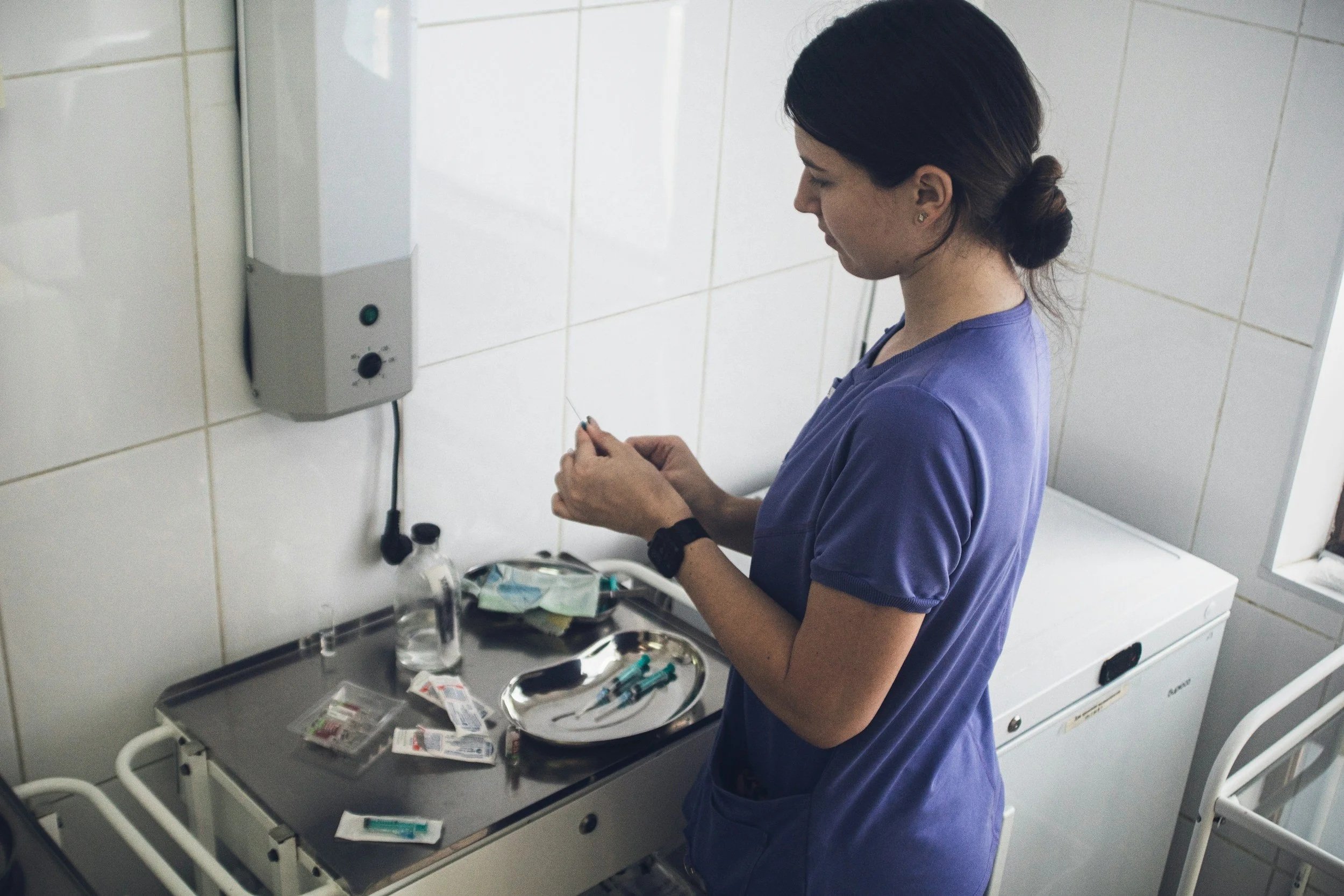Egg freezing is an incredible advancement that’s opened up new opportunities for people to optimize their future fertility. More and more people are turning to this option to take control of their reproductive timeline. But one of the biggest limitations we’ve faced in the past is that egg freezing has largely been a numbers game.
What do you mean by “a numbers game”?
When you freeze your eggs, we don’t actually know how many of those eggs will lead to a healthy baby. That’s because it’s been extremely difficult to assess the quality of each egg. Even highly trained embryologists can’t accurately determine egg quality just by looking at them under a microscope. There’s no validated visual scoring system for egg quality. So traditionally, we’ve relied on two factors:
Age (which is the best available predictor of egg quality)
Quantity (the more eggs, the better your chances)
But here’s the thing: not all 39-year-olds have the same egg quality. And even within one egg retrieval, not all eggs are created equal.
So where does artificial intelligence (AI) come in?
This is where AI has really changed the game. A company called Future Fertility has developed a technology called VIOLET™, which uses AI to evaluate the quality of eggs, non-invasively and individually, using only microscope images taken after the egg retrieval.
They’ve built the world’s largest dataset of egg images (150,000+) and their associated real-world outcomes like fertilization success and blastocyst development. Based on this data, the VIOLET™ AI tool can now:
Assess the quality of each individual egg
Predict the chance of live birth for the full cohort of eggs
Provide each egg freezing patient with a personalized egg quality report including images of their mature eggs, they can take home for review and future reference
What does this mean for patients?
For the first time, patients can receive individualized feedback on the eggs they’ve frozen. It’s no longer just about how many eggs were retrieved — it’s about what those eggs might be capable of.
This gives fertility specialists more meaningful information to:
Set more realistic expectations for success based on the patient’s unique egg images
Discuss whether additional cycles may be needed to retrieve more eggs and increase the cumulative chance of success (it is possible to receive a Violet Summary report that provides insights across multiple freezing cycles)
Adjust future treatment plans to try to improve egg yield or quality
What’s the big takeaway?
AI is transforming egg freezing by changing how we set expectations for success. In the past, expectations were based largely on general statistical estimates tied to age and egg count. Now, with tools like VIOLET™, we can move beyond those averages and provide a personalized understanding of your egg quality and potential.
This means patients get a clearer, more tailored view of what their frozen eggs might be capable of, helping both patients and clinicians make more informed decisions about next steps in their fertility journey.
Watch Dr. Nayot explain how AI can help improve egg freezing.

Dr. Dan Nayot is a reproductive endocrinologist and the Medical Director of The Fertility Partners, a leading network of fertility clinics across North America. He is the co-founder of Future Fertility, a Canadian med-tech startup harnessing artificial intelligence to transform reproductive medicine, and HaloHealth, an organization supporting early-stage health tech ventures. As an executive board member of Fertility Matters Canada, Dr. Nayot actively advocates for equitable access to fertility care. His work reflects a deep commitment to driving innovation and expanding accessibility of fertility treatments.
Answered by Dr. Roy Handelsman from HRC Fertility. Understand how ovarian cysts and ovarian surgery may impact the egg freezing process.
Answered by Dr. Rashmi Kudesia from CCRM Fertility Houston. Here’s a checklist for before, during, and after your egg freezing consultation, including 11 questions you should ask the doctor.
Answered by Valerie Shafran, MSN, FNP-C from Extend Fertility. Discover why fertility experts urge women to stop taking GLP-1 agonists before an egg freezing cycle.
Answered by Dr. Nidhee Sachdev from South Coast Fertility Specialists. Explore what AMH tells us about a woman’s ovarian reserve or how many eggs she has left.
Answered by Dr. Hade from Generation Next Fertility. Understand how egg freezing does not cause long-term weight gain yet there is a chance of transient bloating.
Answered by Rijon Charne, JD from Sunray Fertility. Explore what a reproductive estate plan entails and the situations where having one can make a big difference.
Answered by Rijon Charne, JD from Sunray Fertility. Learn more about the importance of clinic disposition forms, including what they do and don’t cover.
Answered by Rijon Charne, JD from Sunray Fertility. Discover the legal nuances that can shape your options when freezing eggs or embryos.
Answered by Dr. Joshua Klein from Extend Fertility. Learn how birth control relates to egg freezing and if you will need to stop your hormonal birth control before starting the procedure.
Answered by Dr. Jesse Hade from Generation Next Fertility. Discover the important factors that affect chances of egg freezing success in your late thirties.
Answered by Sidonia Buchtova, PA-C, C-RHI from Refresh Psychiatry. Understand if you can stay on an SSRI or SNRI when freezing your eggs.
Answered by Sidonia Buchtova, PA-C, C-RHI from Refresh Psychiatry. Discover tips to help support your mental well-being during preparation, throughout the cycle, and after your egg retrieval, especially if you have a history of anxiety.
Answered by Dr. Katharina Spies from Vida Fertility. Learn about who should consider supplements before and during fertility preservation, and how supplements could support your egg freezing cycle.
Answered by Dr. Serin Seckin from Generation Next Fertility. Understand the key differences to help you make an informed decision that aligns with your personal and reproductive goals.
Answered by Dr. Ido Feferkorn from the Reproductive Medicine Group. Learn how Polycystic Ovarian Syndrome (PCOS) may affect the egg freezing process and outcomes of fertility preservation.
Answered by Dr. Meera Shah from Nova IVF. Understand the potential risks of egg freezing to help you evaluate if it is right for you.
Answered by Dr. Hade from Generation Next Fertility. Learn from start to finish the entire process of what happens on the final day of an egg freezing cycle.
Answered by Dr. Sahar M. Stephens from Northern California Fertility Medical Center. Understand the probability of pregnancy based on the number of eggs frozen and the age at which you freeze.
Answered by Dr. Alison Peck from HRC Fertility. Discover which medications are commonly used for ovarian stimulation during an egg freezing cycle.
Answered by Dr. Kathryn Snow from Piedmont Reproductive Endocrinology Group (PREG). Understand the side effects that you may experience when freezing your eggs.
Answered by Lia Schiller, MSN, AGNP-BC from Extend Fertility. Learn why IUDs can stay in place throughout the egg freezing process.
Answered by Dr. Woo from HRC Fertility. Learn how some medications need to be stopped for an egg freezing cycle while some medications can be continued.
Answered by Dr. Dan Nayot from The Fertility Partners. Learn how artificial intelligence is providing women with more information than ever before about their eggs.
Answered by Dr. Joshua Klein from Extend Fertility. Egg freezing doesn’t impact your chance of getting pregnant naturally, because egg freezing makes use of eggs that would otherwise have been lost.
Answered by Dr. Dan Nayot from The Fertility Partners. Understand the distinction between egg quantity and quality, and explore how AI is transforming egg quality analysis.
Answered by Dr. David E. Tourgeman from HRC Fertility. Understand what options exist for what to do with your frozen eggs if you decide not to use them for IVF.
Answered by Dr. Armando Hernandez-Rey from Conceptions Florida. Learn about minimal stimulation egg freezing cycles and how they can decrease the risk of ovarian hyperstimulation syndrome.
Answered by Dr. Ido Feferkorn from the Reproductive Medicine Group. Find out how egg freezing medications work and how protocols can be adjusted if you can’t take estrogen.
Answered by Dr. Ido Feferkorn from Reproductive Medicine Group. Learn how egg freezing fits into the menstrual cycle and how timing can be customized.
Answered by Dr. Elena Santiago from Vida Fertility. Understand the ins and outs of egg freezing in Spain as a non-resident, including timing, costs, and more.






























